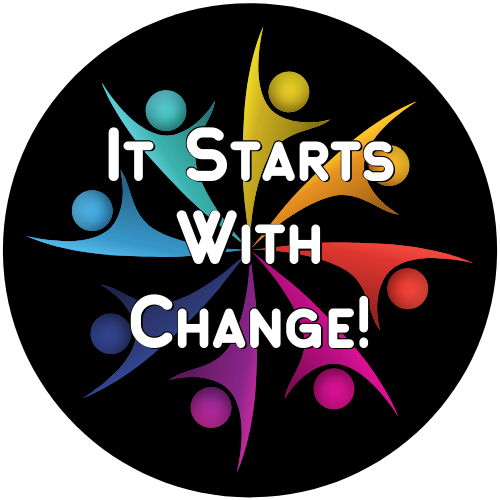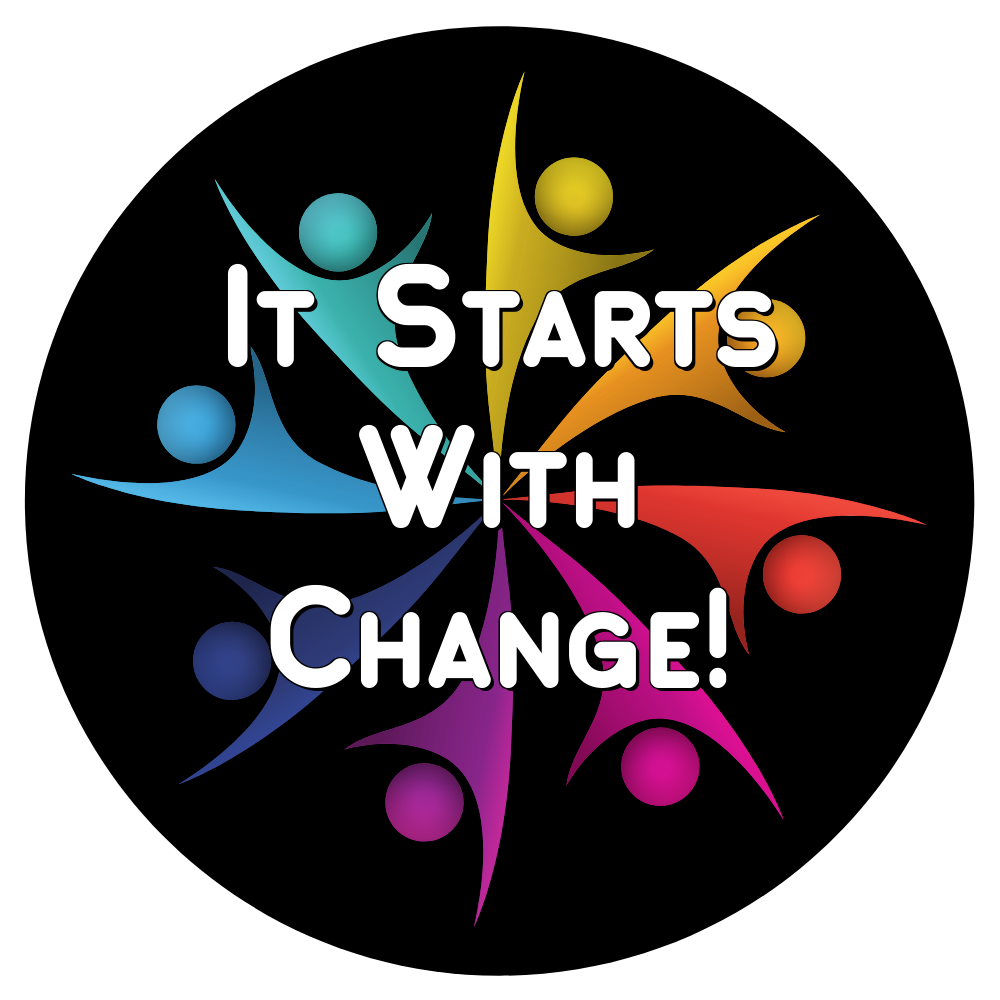Have you ever wondered why you procrastinate and put off important tasks you need to accomplish. If you are a chronic procrastinator, you probably feel you are lazy, indecisive, and unmotivated. You’ve most likely been accused of not having your priorities straight and having poor time management. Most likely you live in a constant state of stress and unhappiness while dealing with overwhelming feelings of guilt and regret. You constantly wonder why you keep procrastinating and why you just can’t seem to get started. If so, you’re not alone.
One out of five adults are procrastinators and it turns out they are this way not because there is something inherently wrong with them or because they’re just bad people. It turns out there are a few studied theories out there describing the differences in brains between procrastinators and those who would be called “doers”. Why you procrastinate all boils down to evolution and genetics, executive function, the prefrontal cortex, and limbic systems of the brain, and dopamine.

The Real Reason Why You Procrastinate
When anyone has a task ahead of them, the prefrontal cortex (decision-making part of the brain) and the limbic system (emotional regulation center of the brain) are activated. If it is a smaller, less time-consuming task with more immediate rewards, both parts of the brain work together to get the task done. If the task is longer and more daunting with future-oriented rewards, procrastinators and doers start to differ and a battle begins between these two areas of the brain.
In a doer, the prefrontal cortex can override the limbic system. They can visualize the big picture, make long-term plans, and do what needs to be done to reach long-term rewards. In a procrastinator, the limbic system is more wired for instant gratification and it overrides the prefrontal cortex. Procrastinators, therefore, focus more on the present. They want to do what is easy, fun and will bring instant rewards. Rewards equal dopamine release in the brain. Dopamine is the feel-good hormone and the quicker and more often it is released, the better one feels.
So in reality, procrastinators are thrill-seekers and this could have an evolutionary component. We were once wired for short-term survival. Our ancestors were more impulsive and made decisions based on short-term goals to survive from day to day. The future was not guaranteed and therefore not considered, and instant gratification was aplenty. When a procrastinator uses panic and frightening consequences to finally motivate themselves to get the job done, they have essentially created a situation where they must make a short term decision in which the rewards will be immediate.
Procrastinators may have more difficulties with executive function than doers as well. Executive function is the ability to plan, organize, and carry out a task. They may also procrastinate because they have anxiety over the fear of failure. If they don’t start, they can’t fail thus protecting themselves from the negative emotions tied to failing. Both executive function and anxiety are functions associated with the frontal lobe of the brain. Therefore, procrastinator’s and doer’s brains can differ simply because of genetics.
Procrastinators may argue that there is nothing wrong with procrastination because they eventually get the job done. There are two problems with this. One, procrastination only seems to work if there is a deadline. A deadline means consequences and adrenaline kicks in to get the job done. When there is no deadline and no immediate consequences, adrenaline does not kick in and nothing gets accomplished. Two, living in a constant state of stress is horrible for one’s health. Procrastinators have higher levels of high blood pressure, heart disease, and depression and suffer more negative consequences to their career, physical and mental health than doers.

Understanding Why You Procrastinate Is Half The Battle
Sometimes, the first step to changing is understanding the reason as to why you have been doing what you were doing. If you are a procrastinator, hopefully you now have some insight into why you procrastinate and I hope this enables you to banish any negative thoughts you may have about yourself in regards to procrastination. Once you push these thoughts aside, here are three tips to help you best utilize the brain you’ve been given.
- Break the project into small, manageable chunks with small deadlines. For each chunk accomplished, reward yourself instead of waiting for the reward at the end. Smaller tasks seem easier to accomplish than longer ones. One tip is to work in 25-minute chunks followed by 5-minute breaks. You could even start with smaller chunks of time and work your way up.
- Just start. Start with the part you like best, which will release dopamine in your brain and make you feel good enough to keep going. You will eventually have to do it anyway, so you might as well get started.
- Control your environment. Try to minimize distractions as much as possible, especially digital ones. Turn off your phone, T.V., etc. Get rid of anything that will distract you in your immediate environment and if necessary, completely change your environment by going somewhere else.
So there you have it. The reasons why you procrastinate and what you can do it about it right now to improve your overall quality of life. As Alexander Graham Bell said, “The only difference between success and failure is the ability to take action.” Go be a success.
Now that you understand Why You Procrastinate And How To Stop, check out our article on Finding Your Why – The Motivation Secret to help give you even more motivation to get things done and Live Your Best Life!







One Response